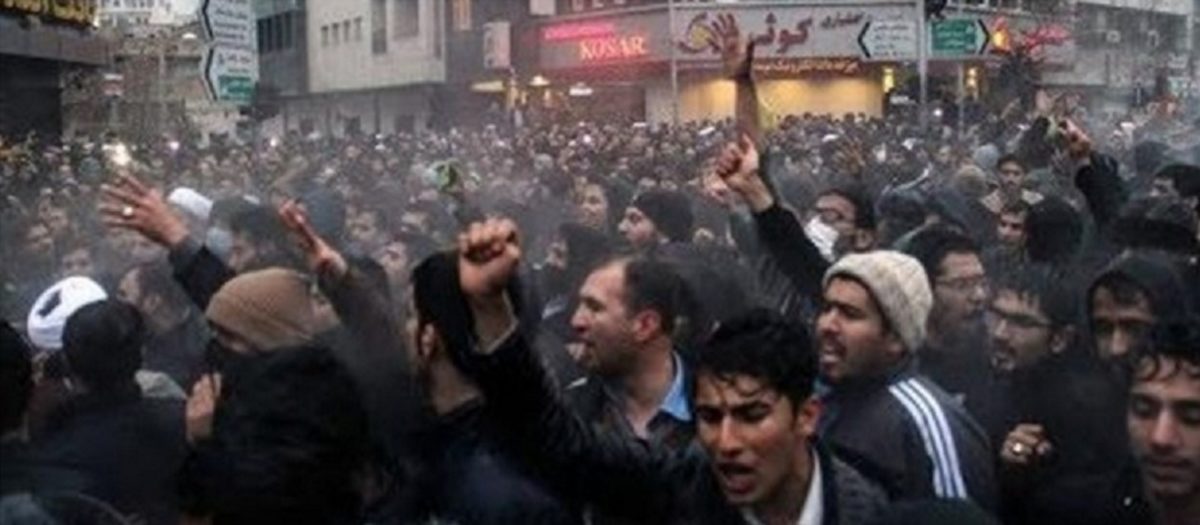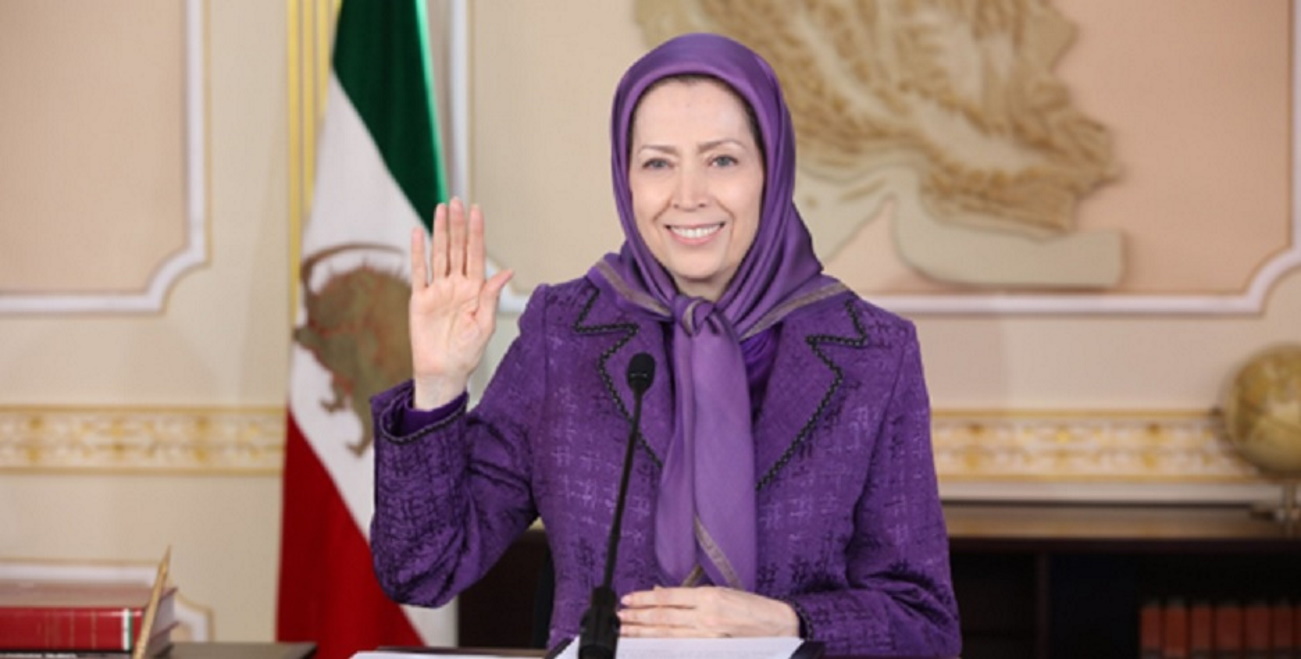
Issues & Insights | Moe Alafchi | 6/21/2019
Thousands of Iranian expatriates are expected to gather in Washington, D.C., on Friday, June 21, to demonstrate in support of a firm U.S. policy toward the dictatorship, which echoes what thousands of their fellow Iranians conveyed in Brussels last weekend. That might seem surprising to some readers, especially in light of some commentary that the Trump administration’s “maximum pressure” strategy may lead to a conflict with Iran.
The Organization of Iranian-American Communities (OIAC) rejects that characterization, and so do the various American policymakers and foreign policy experts who plan to participate in the rally outside the State Department building. I am proud to say that I will be one of them. The Iranian Resistance has been marginalized in U.S. policy for far too long because various administrations have consistently sought to cajole the ruling regime.
They have disastrously failed to realize that appeasing and accommodating the regime produces more terrorism and chaos promoted by the regime in Tehran, which has no intention of changing its behavior. When the West appeased them through the nuclear deal, the mullahs accelerated, not decelerated, their destructive regional designs and support for terrorism.
The organized Iranian opposition represents a vital counterpoint to the pressure and misinformation that has contributed to the recurrence of various policies of conciliation and appeasement over the years. The Trump administration has conclusively turned away from those policies, but the same pressure continues to be exerted in favor of the status quo.
Lobbyists for the Iranian regime would have the world believe that war is inevitable if other governments follow the administration’s relatively more firm policy. But nothing could be further from the truth, and the Iranian people know it.
That population is represented to the world by a highly organized resistance movement in the form of the National Council of Resistance of Iran (NCRI). The NCRI is led by a charismatic woman, Maryam Rajavi, who has called for a secular, democratic and non-nuclear Iran that respects human rights and gender equality, among other progressive elements.
This, in turn, has been a source of vital support for domestic activists fighting against the clerical regime. That fight has reached crucial milestones in recent years, and it has shown increasingly bold defiance of the regime’s worsening repression. Yet references to Iran’s domestic affairs are almost completely absent from policy discussions.
Worse, even in the midst of ongoing ballistic missile development and testing, the European Union seems eager to take it for granted that Iran has no military ambitions for its nuclear program, and no desire to more effectively threaten the West.
Policymakers are being asked to operate on the assumption that the U.S. is uniquely responsible for the recent increase in tensions. But the regime’s pattern of human rights abuses and its status as the world’s foremost state sponsor of terrorism are well-established.
As the White House continues to develop its maximum pressure strategy and the international community contemplates whether to participate in it, the Iranian people must be given a voice in determining the proper course.
This can be done by listening to the expatriates’ message at the Washington, D.C., gathering and a number of other rallies that are being planned throughout Europe in the coming days and weeks. Those demonstrations will surely underscore that the maximum pressure strategy has helped Iran’s domestic Resistance movement to reach some of its latest milestones, including the outbreak of an uprising that has spanned much of the country since the beginning of 2018. It inspired a “year full of uprisings,” in the words of Mrs. Rajavi, the president-elect of the democratic coalition NCRI.
The Iranian people have said time and again in their massive protests that change from within the regime is impossible. Tehran has also been greatly weakened by economic sanctions and diplomatic isolation, to the extent that it is ripe for regime change. Widespread and endemic corruption by the office of the Supreme Leader and the Islamic Revolutionary Guard Corps (IRGC) has robbed millions of Iranians of prosperous futures.
Now, the people’s right to change the regime should be recognized.
This means that the U.S. should sanction human rights violators in Iran. It should designate the regime’s suppression intelligence service (Ministry of Intelligence and Security) as a Foreign Terrorist Organization and place further sanctions on Ali Khamenei’s office, which leads the dictatorship’s corruption and wholesale theft of Iran’s resources.
A recent resolution introduced in the House of Representatives perfectly captures what should be done. H.Res.374 says condemns the regime’s state-sponsored terrorism and “stands with the people of Iran who are continuing to hold legitimate and peaceful protests against an oppressive and corrupt regime.
It adds that it “recognizes the rights of the Iranian people and their struggle to establish a democratic, secular, and non-nuclear republic of Iran.”
Moe Alafchi is the Director of the Association of Iranian Americans in N.Y


